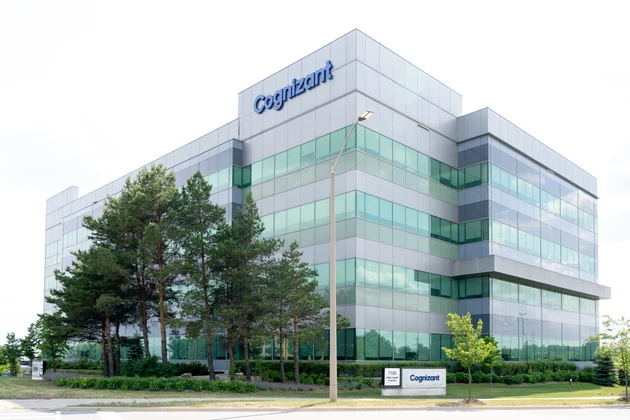Copyright International Business Times

As financial institutions race to adopt artificial intelligence in credit and lending, the stakes have never been higher. Regulators are scrutinizing algorithmic decision-making, investors are watching for scalable platforms, and consumers demand flawless digital experiences. In this environment, automation has shifted from a back-office efficiency tool to a front-line guardian of trust. That shift is visible in the work of Karthik Ramamurthy, an engineering leader whose automation frameworks helped Mercury Financial deliver reliable credit platforms and consumer-facing apps—capabilities that helped make the company an attractive acquisition target in September 2025 by Atlanticus. His career underscores a broader truth: in fintech, a system's credibility is now as valuable as the products it delivers. Building Around the Customer Ramamurthy's approach begins with outcomes rather than code. At Mercury, which served near-prime borrowers, he worked with product managers, customer-experience leaders, and engineering architects to make sure each release solved the right problem. "The real question," he says, "is not how fast you can ship, but whether the product works responsibly for the customer." That responsibility was especially clear in co-branded partnerships with Best Western, Visa Signature and Spirit Airlines. Each launch carried not just Mercury's name but the reputation of its partners. A mobile-app error or miscalculated credit model could undermine consumer trust instantly. Harnessing Automation at Scale To reduce that risk and make shipping predictable, Ramamurthy architected a unified, cross-platform automation stack—spanning web, mobile, APIs, and data pipelines—that compressed validation cycles from weeks to hours while raising coverage, auditability, and release confidence. Key innovations included high-density parallelization, risk-based test selection, and cross-device compatibility—approaches rarely achieved at this scale. This rigor mattered because the platforms under his oversight were not minor applications—they processed billions of dollars in receivables and credit transactions. A single release could affect not only Mercury's bottom line but also the financial lives of millions of consumers. As a result, Ramamurthy served as the primary sign-off authority for product launches. Each approval represented not just a new feature but the trust of Mercury's brand partners and end users across industries. Engineering as Enterprise Value Mercury's ability to replicate its core platforms across industries—from travel and hospitality to member associations, became a defining strength in its acquisition. The frameworks Ramamurthy led were integral to Mercury's core architecture, designed as scalable assets that enhanced enterprise value by delivering consistency, adaptability, and rapid expansion across multiple business domains. According to 2022 Forrester Wave on continuous automation testing underscored the market shift toward embedding quality into release pipelines and CISQ's 2022 report estimated that poor software quality cost the U.S. economy at least $2.41 trillion that year—a reminder that in fintech, engineering rigor is a competitive differentiator. Beyond Credit Cards The implications extend beyond financial services. Airlines face fluctuating travel demand, hotels depend on seamless loyalty programs, and healthcare providers balance speed with compliance. Each sector wrestles with the same challenge: how to scale digital services without undermining reliability. Ramamurthy sees the answer in human‑plus‑machine automation—systems that act as intelligent co‑pilots, detecting anomalies, adapting to regulatory shifts in real time, and giving engineers actionable insight rather than raw data. For regulators, that means transparency. For consumers, confidence. For businesses, credibility. The acquisition of Mercury Financial by Atlanticus may be recorded as a financial deal, but its roots lie in engineering choices. Leaders like Karthik Ramamurthy are shaping how technology supports financial systems at scale. In an AI‑driven economy, where every release carries risk, it is engineering leadership that turns that risk into resilience.



